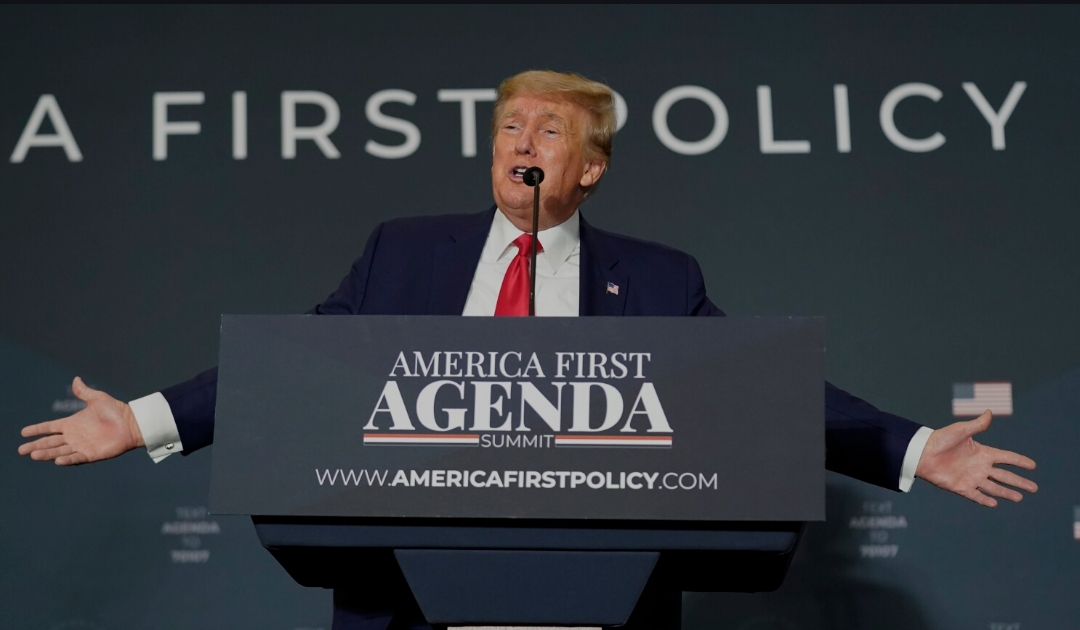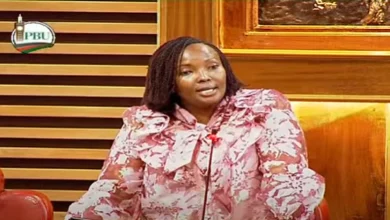Navigating uncertainty, Kenya’s trade future amid Trump’s “America First” policies

The world is undergoing a significant shift, with a new global order emerging due to the return of Donald Trump to the White House.
This return has reintroduced unilateralism and protectionism, marking a departure from the multilateralism that had gained momentum internationally.
Instead of fostering global consensus, we have seen the resurgence of tariffs, quotas, and coercive negotiation tactics, creating considerable uncertainty in global trade.
The reintroduction of these protectionist policies under Trump’s administration is likely to have a considerable impact on Kenya, particularly in its trade negotiations with the United States.
It remains unclear whether Trump’s administration will continue with Joe Biden’s Strategic Trade Investment Partnership (STIP) or revive the Free Trade Agreement (FTA) that was never concluded during Trump’s first term.
Under Trump’s “America First” policy, if the U.S. decides to engage in trade negotiations with Kenya, there is a strong likelihood that STIP will be sidelined in favor of reviving the FTA. However, this would likely come with significant changes, and Kenya must prepare to handle potential challenges in order to avoid being caught off-guard.
One significant area that could be addressed in these negotiations is Kenya’s tax system.
The Kenyan government intends to impose a minimum tax on multinational companies operating in its jurisdiction.
If this is perceived as discriminatory, reciprocal tariffs could be introduced, as Trump has instructed key U.S. officials to investigate whether foreign countries impose extraterritorial or discriminatory taxes on U.S. citizens and corporations.
Kenya has long sought a trade agreement with the U.S., but this has been complicated by the change in leadership.
When Biden assumed office, his administration abandoned the initiatives started by Trump, leaving Kenya uncertain about the future of trade relations with the U.S.
With the “America First” policy in play, Kenya must prepare for the possibility that if trade talks resume, it will likely be forced to make concessions that could be disadvantageous.
The U.S. might require Kenya to adjust its policies in order to reach a trade agreement, and Kenya must be ready for this outcome.
Trade negotiations with the U.S. under Trump will be shaped by his priorities. If Kenya is not seen as a strategic interest by the U.S., there may be no negotiations at all, at least not until after the current administration’s term ends.
If talks do resume, they will likely take a different path from those under Biden, who prioritised multilateralism and international frameworks like the World Trade Organization (WTO) and African Continental Free Trade Area (AfCFTA).
In contrast, Trump is more focused on bilateral agreements, with an emphasis on “America First.” As such, Kenya could be pressured into providing more favorable terms for American businesses, meaning a more reciprocal trade arrangement may be in the cards.
Kenya remains an important player in the geopolitical arena, and if Trump decides to pursue a trade agreement with Nairobi, it is likely to be driven by the desire to counter China’s influence in Kenya and the wider region.
This could lead to the U.S. offering Kenya more favorable trade terms in exchange for limiting its reliance on Chinese investments and infrastructure development, notably through China’s Belt and Road Initiative (BRI). However, if Trump views Africa as insignificant, Kenya may not see the benefits of such a trade agreement.
An important consideration is that Africa has largely been absent from Trump’s foreign policy agenda. The expiration of the African Growth and Opportunity Act (AGOA) in September further complicates the situation.
African nations must now begin to chart their own paths, as Trump’s “America First” policies have strained longstanding international alliances, leaving Africa vulnerable to a more transactional approach from the U.S.
This trend of reduced Western aid is also evident in the decisions of countries like the United Kingdom, Germany, and other European nations.
In contrast, China’s partnership with Africa, facilitated through initiatives like the Forum on China-Africa Cooperation (FOCAC), continues to offer significant investments in infrastructure and industrialisation.
Unlike Biden’s leadership, which focused on reducing non-tariff barriers, regulatory cooperation, and ensuring inclusivity and sustainability in trade agreements, Kenya must prepare for a more aggressive approach under Trump’s policies.
Trade talks with the U.S. could lead to higher tariffs and stricter rules aimed at protecting U.S. industries and businesses. Trump might even push Kenya to reduce its reliance on Chinese investments in exchange for a trade agreement.
With the U.S. having withdrawn from the Paris Climate Agreement, it is likely that sustainability issues will be given less focus in future trade negotiations between Washington and Nairobi.
Human rights concerns may also take a backseat, as Trump’s priorities will likely center on what is economically beneficial to the U.S.
In a time of global uncertainty due to policy changes in the White House, it is crucial for Kenya to seek partnerships that promote economic independence, reduce reliance on traditional donors, and ensure sustainable growth.
Kenya should focus on building global relationships that offer mutually beneficial, practical solutions for the future.





